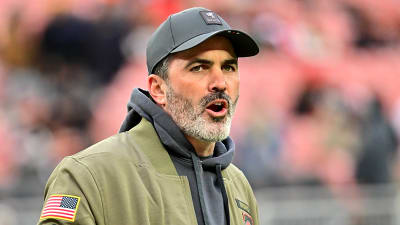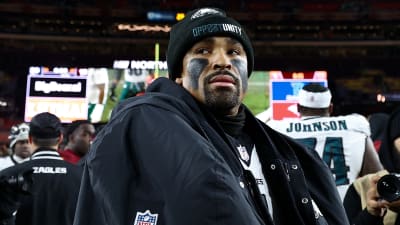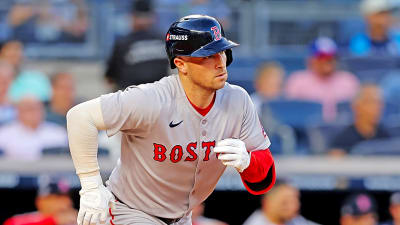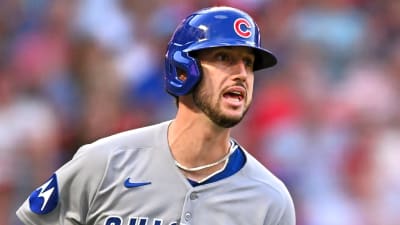
The Oklahoma City Thunder will look to maintain their red-hot streak when they tip off against the Minnesota Timberwolves on Sunday night in Minneapolis.
Oklahoma City has won eight of its last nine games, including a 130-107 victory against the Utah Jazz in Salt Lake City on Friday. Next is a home-and-home series between the Thunder and Timberwolves, with the teams both flying south after Sunday's game for a rematch Monday in Oklahoma City.
Thunder forward Jalen Williams said he and his teammates have found a rhythm on the court.
"(We're) just growing into a more mature team, understanding what it takes to win before we actually even play the game," Williams said. "A lot of it too was everybody was healthy, so there was a lot of preseason kind of energy going around where we're just running around, having fun.
"We're just growing up."
Minnesota also has played better during the past month, but the Timberwolves have hit a recent snag with three losses in their last four games. They are coming off a 121-115 road loss against the Houston Rockets on Friday.
The Timberwolves' last two losses have come by eight points combined. Four of their past six losses are by two points.
Timberwolves coach Chris Finch wants to see his players perform better in close and late situations. He will be looking for his team to hold up under pressure against the Thunder.
"Our issue is we've got to win close games," Finch said. "I don't know who we are in clutch games. We've got to be better.
"Our shot selection, decision-making in clutch games has got to improve on the offensive end. Defensively, we've got to rebound, and we've got to not foul."
Anthony Edwards leads the Timberwolves with 27.6 points per game. He is shooting 43.9 percent overall and 41.1 percent from 3-point range.
Second-leading scorer Julius Randle (18.9 ppg) is out with a groin injury, which leaves Naz Reid (14.6) and Jaden McDaniels (11.6) to round out the team's top scorers.
Shai Gilgeous-Alexander leads the Thunder in scoring (32.2 ppg) and assists (6.1). Williams is second with 20.9 ppg and Chet Holmgren ranks third at 15.1 points in 14 games (he returned four games ago after missing nearly three months with a fractured hip.
Holmgren's return has allowed Thunder coach Mark Daigneault to use a "two-big" lineup that pairs the 7-foot-1 Holmgren with 7-footer Isaiah Hartenstein. For much of the season, the Thunder have relied on a smaller lineup with only one big man on the court.
"Defensively, it's going to take care of itself," Gilgeous-Alexander said of the two-big lineup. "But offensively, we have to be pretty strategic and specific in our attacks. ...
"Usually, if it's four guards and one big, it's a little bit faster out there. Having two bigs is naturally going to be a little bit slower and just a little bit less space. But thankfully, Chet can shoot. Being more intentional in our attacks is going to be big for us."
This is the third of four games between the teams during the regular season.
The Thunder won the first matchup 113-105 on their home court Dec. 31. Minnesota won the next game 116-101 on its home court Feb. 13.
More must-reads:
- LeBron James has second unfathomable streak end with All-Star Game announcement
- Dolphins could be repeating history in wrong way with 2026 coaching hire
- The 'NFL playoff rushing-TD record' quiz
Breaking News
Trending News
Customize Your Newsletter
 +
+
Get the latest news and rumors, customized to your favorite sports and teams. Emailed daily. Always free!








